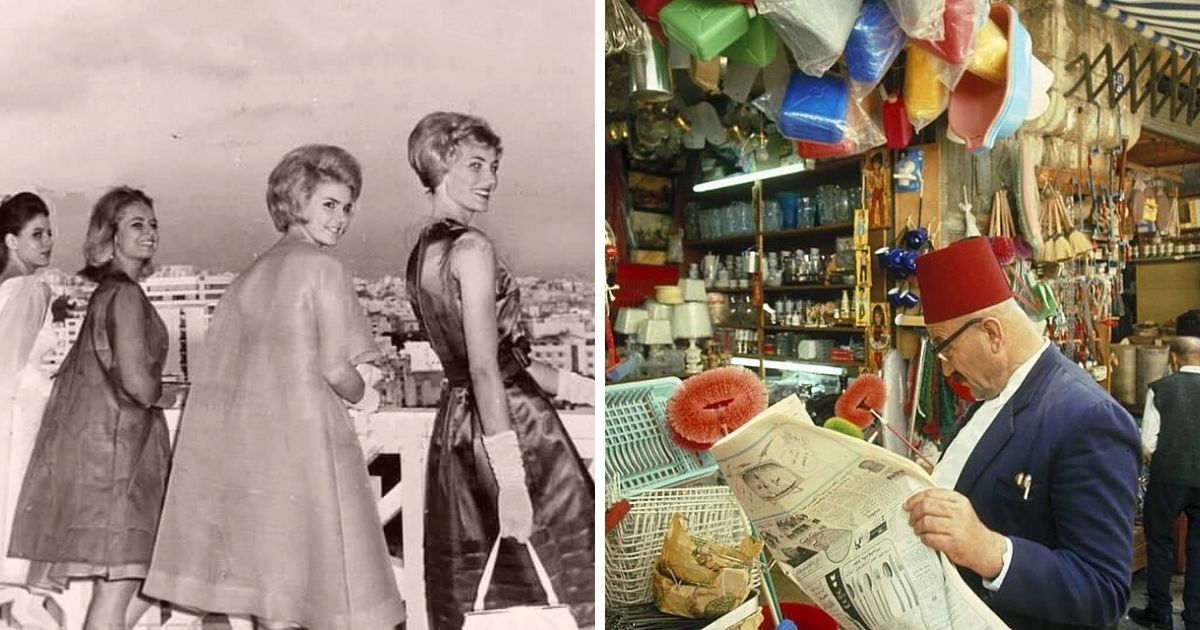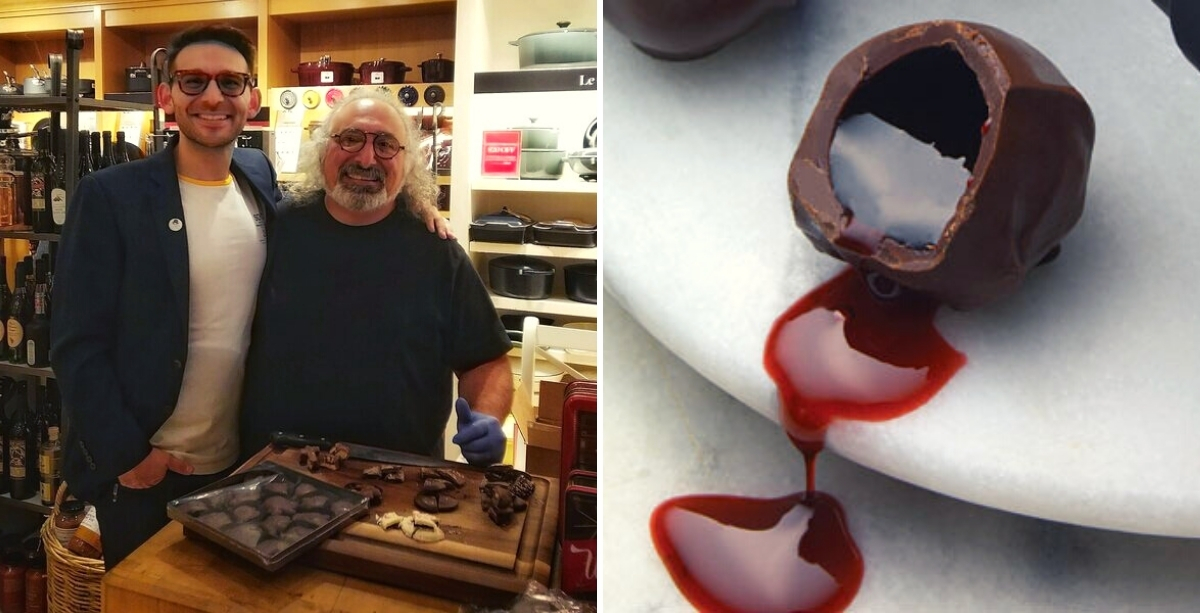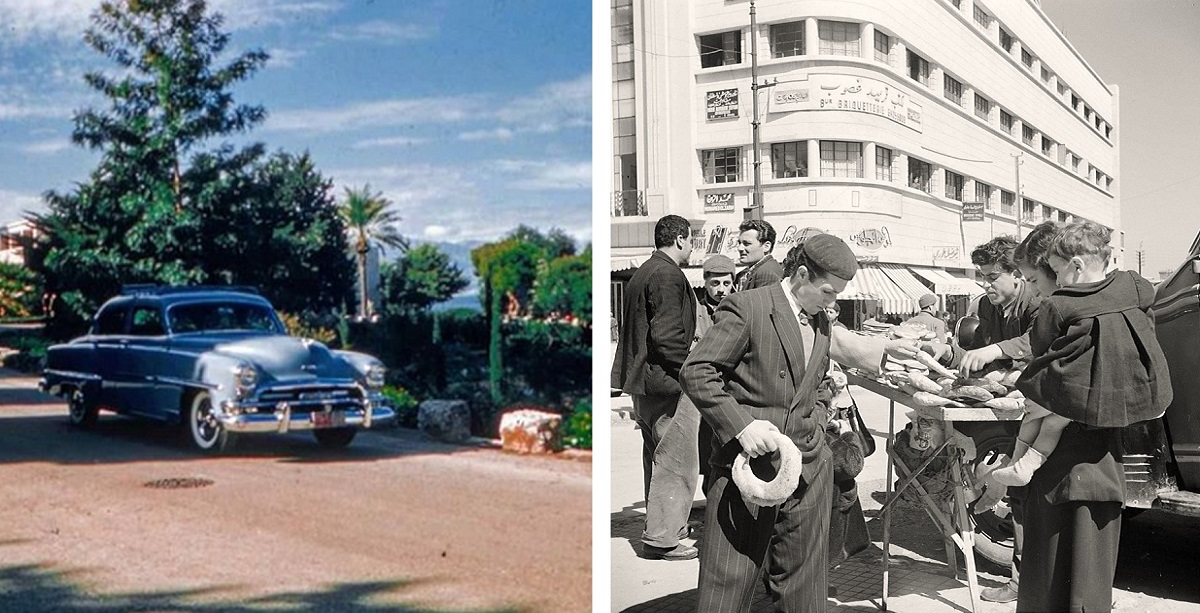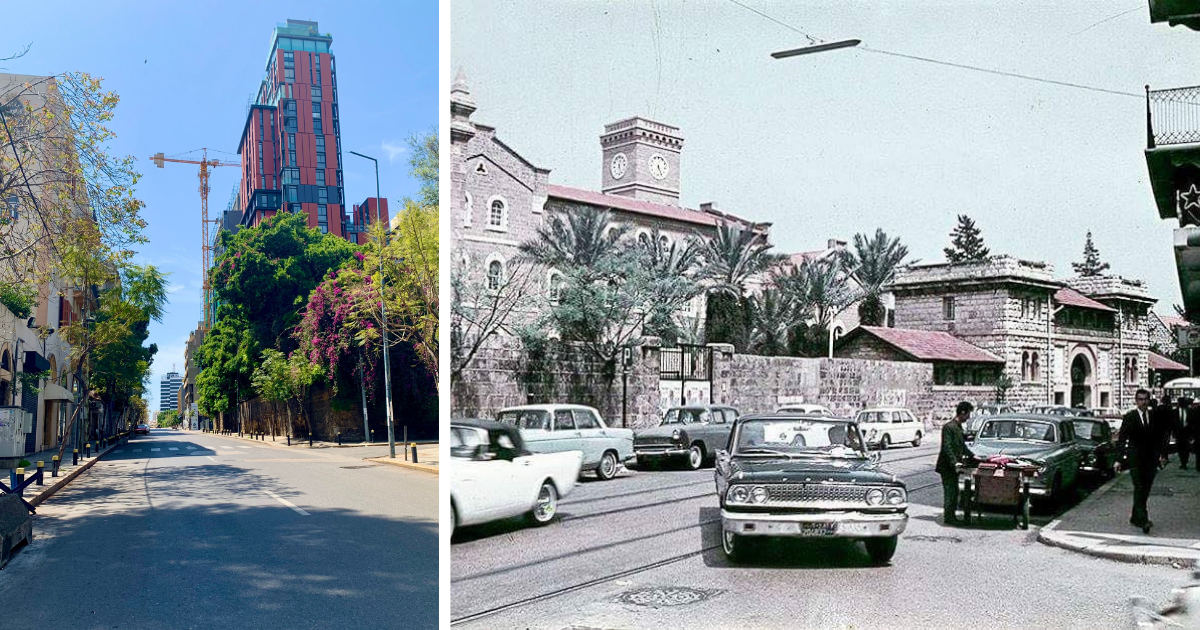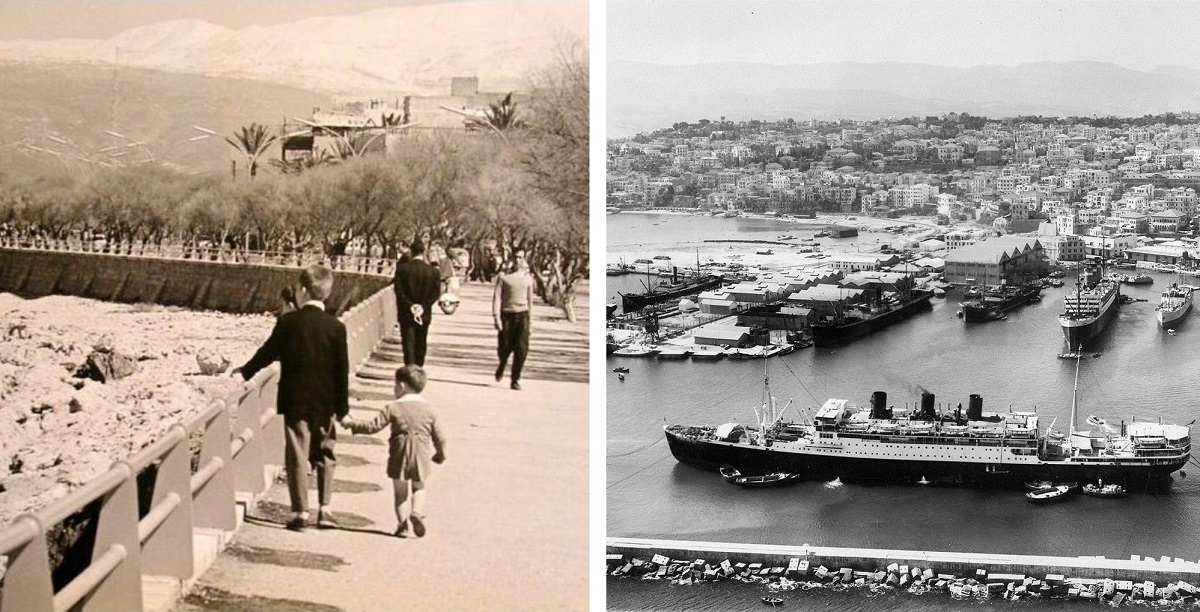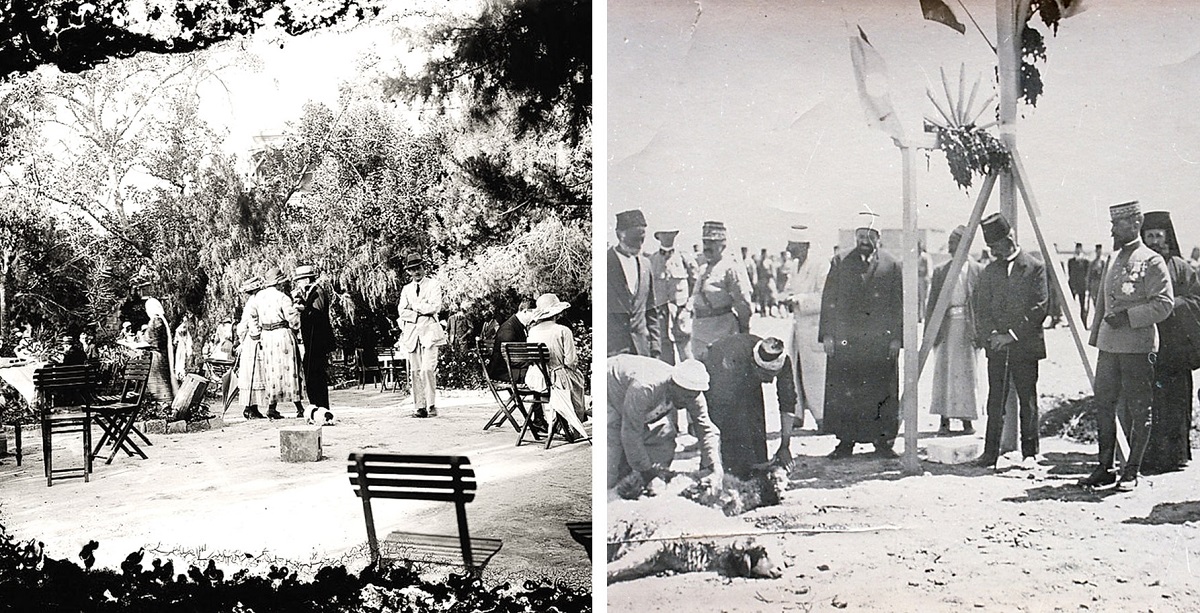Here it is! The season of the olive harvest has started in Lebanon, with its hard work and cherished old tradition. People in villages across the country are eagerly heading to their fields to do what they enjoy, to be where they belong with whom they love, and to produce what everyone else all over Lebanon patiently awaits: Olives and olive oil! These products of our land are important to us. They have been part of our daily life and the evolution of our culture for thousands of years.
Rarely have I ever sat for a breakfast meal at home that was missing from its variety a ramekin of pickled olives and a bottle of extra-virgin olive oil, or for a family reunion dinner that lacked some form of presence from this age-old drupe. The Lebanese kitchen would not be complete without the olive and its succulent juice.
The olive tree has formed a significant part of Lebanese culture and cuisine for a very long time. Our ancestors the Phoenicians had spread the olive to the Mediterranean shores of Africa and Southern Europe more than 3000 years ago, and it yielded numerous nutritious, economical, and cosmetic benefits for them.
Indeed, Lebanon is historically renowned for its sumptuous centuries-old olive orchards, with some of our villages harboring some of the oldest olive trees in the world. It is no wonder in that. As per several studies, the olive was first cultivated along the coasts of Phoenicia from the wild olive tree which our ancestors domesticated and adapted to cultivation.
Many of our great-great-grandparents and their grandparents probably owned and worked in olive fields, and relied heavily on olive trees as a primary source of seasonal income.
It was -and still is in many Lebanese villages- an almost sacred and beloved tradition for all members of a family to gather in their field during the olive harvest season; a season that extends from September through December, and families undergo the harvesting process together in a joyful environment.
The process, which takes time, is traditionally followed by a sort of picnic in the shade of an olive tree where the family members have lunch and enjoy each others’ presence and nature around them. A cherished tradition, a legacy of thousands of years.
Hence, even though the harvesting process involves some long and exhausting work, they don’t consider it a mundane and disliked chore, but a revered and welcome one that even the kids love being part of it.
Perhaps the most important product that the olive tree gives is the oil of its fruit. Olive oil is a must-have product in every Lebanese kitchen. Many of the world-famous Lebanese foods bare its signature and for a good reason: It adds a unique, smooth taste and texture to the recipe.
Hummus, Fava beans, Kibbeh, and Za’tar (thyme) are a few examples of the countless world-famous and beloved Lebanese foods that are not at all the same without the olive oil.
It is also a necessary component in the cosmetics and skincare industry. In many households of our villages, and for thousands of years, our extra-virgin olive oil is still used for these purposes; from healing to beautification. In that, we have been way ahead of the world industry.
Nowadays, most professional-grade shampoos, conditioners, moisturizers, and other beauty products contain olive oil for its natural repairing and beautifying abilities. Furthermore, olive oil is considered an effective element in alternative medicine and, as in our old culture, many today in the world used it as a domestic remedy for various minor health issues.
![]() @hadeelflowerslebanonembedded via
@hadeelflowerslebanonembedded via
Long live the Lebanese olive tree, and may the present harvest be fruitful and abundant!















